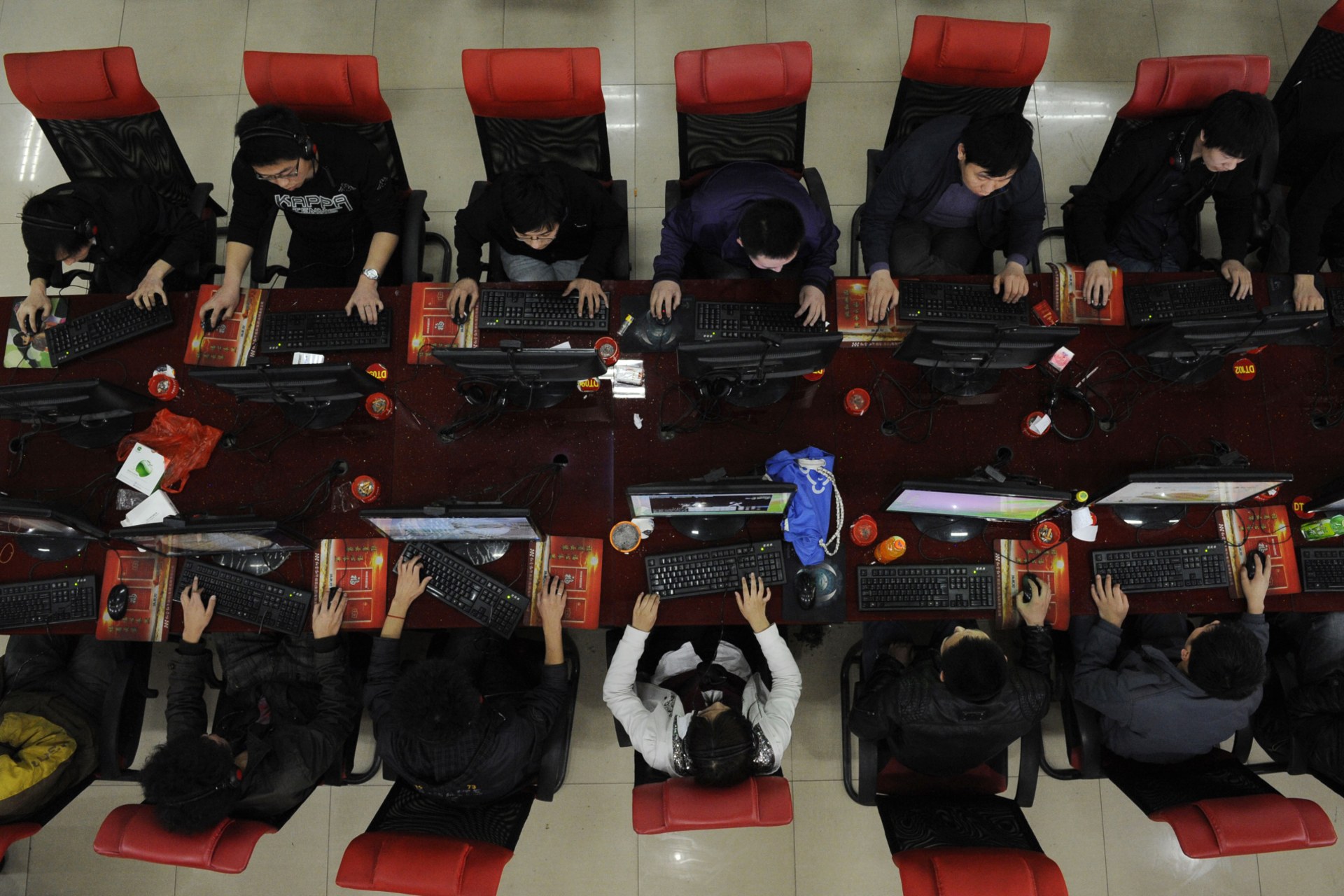Internet Fragmentation Exists, But Not In the Way That You Think
Guest contributor Milton Mueller examines whether a global and interconnected internet is truly under threat of being “Balkanized.”

By experts and staff
- Published
By
- Guest Blogger for Net Politics
Milton Mueller is the author of Will the Internet Fragment? Sovereignty, Globalization and Cyberspace (Polity Press, 2017). You can follow him @miltonmueller.
The internet, we are told, is in danger of splitting up, fragmenting. It is true that website filtering walls off countries from news and opinion, and cyber conflicts among nations threaten to fracture cyberspace. Reinforcing these concerns are parallel developments in politics: the backlash against free trade and immigration, and nationalistic demands for exit from the European Union.
But is a globally compatible internet really under threat? And what does “internet fragmentation” mean?
In my new book, I examine these two questions. What I found is reassuring in one sense, and deeply concerning in another.
At the heart of the Balkanization debate is a fascinating duality. The concept of internet fragmentation could be used to arrive at two diametrically opposed conclusions:
- The internet is now and always has been fragmented;
- The internet is not now and never will be fragmented.
The internet can be considered “fragmented” because it was designed to be a network of networks. The basic units of internetworking, known as Autonomous Systems, are self-governing parts of the whole. All Autonomous Systems can and do exercise control over who they interconnect with, what packets they admit into or out of their systems, what services they want to accept or block, what content can enter and leave. In this sense, the internet is already “Balkanized.” It is a federation of Autonomous Systems with an extensive capability for selective, fine-grained secession from practically any other part of the federation.
The internet is unlike the Balkans in one crucial respect, however: all Autonomous Systems speak a common language. That language is a set of data formatting, naming, addressing and routing standards collectively known as “the internet protocols.” The most basic of these is internet protocol (IP), which won the standards war in the early 1990s and became the unshakable uniter of global data communications ever since. Nothing on the horizon is going to dislodge it from that role.
Despite attempts to fracture the domain name system or develop national internets (e.g. Iran, Russia, China), network effects have consistently defeated, and will continue to defeat, any systemic rupture in the technical compatibility of cyberspace.
So is fragmentation a mirage? Nothing to worry about? That leads us to the alarming part.
The internet created a truly globalized space for human interaction. As digital capabilities became ubiquitous and more central to societal functions, the usual human problems arose. Yet there is a huge mismatch between the global scope of connectivity and the political and legal institutions for responding to societal problems. The state, law, policies, regulations and courts are societies’ primary mechanism for handling crime and conflict. But unlike the internet, the world of government is not unified and un-fragmented. It is territorial and sovereign.
The fundamental misalignment between the global internet and the fragmented legal and institutional mechanisms humans have devised to govern themselves is what drives the fragmentation debate.
Most of what people are now mislabeling as “fragmentation” should be called “alignment”—an attempt to force the round peg of global communications into the square hole of territorial states. This does not threaten the internet protocol’s dominance, but it does erode and impair the enormous value generated by a globally interconnected, largely self-governing space for trade and communication.
Internet alignment leads to efforts to filter content to make it conform to local laws; to require companies to store their users’ data in local jurisdictions; to keep internet routing within state borders; to require governments or users to rely on local companies rather than foreign ones for equipment and services; to link cybersecurity to national security. It is about partitioning cyberspace to subordinate it to sovereign states. The pressure for alignment does not just come from authoritarian governments. It comes from Brazil, Germany, Australia, the United Kingdom, the European Commission and the United States. It comes from states qua states.
The nation-state is perhaps the wrong unit upon which to base governance of most aspects of cyberspace. Just as the sovereign nation-state emerged centuries ago to solve certain governance problems caused by the early modern political economy, cyberspace may require new forms of governance. Perhaps internet governance can be based upon a new global polity, just as existing democratic nations were based on popular sovereignty within bounded territories.
This does not mean the complete elimination of states and their replacement by virtual communities; it only means the displacement of specific pieces of territorial states’ authority over communications and information.
This may sound utopian, or even crazy, but some of it is already in motion. Already, the management of the domain name system has shifted to a transnational institution, and there are now several calls for doing the same with a cyber attribution organization.
Every movement for political autonomy has had to displace some pre-existing form of sovereignty. If internet users actually form a community with its own interests, incipient identity, norms, and modes of living together, it is possible that they can be organized to assert, and gain, their independence from existing rules, or to force concessions and adjustments upon the old order.
The tension between global cyberspace and the territorial state is the primary factor that drives internet governance and cybersecurity debates. It is time to face that problem directly.